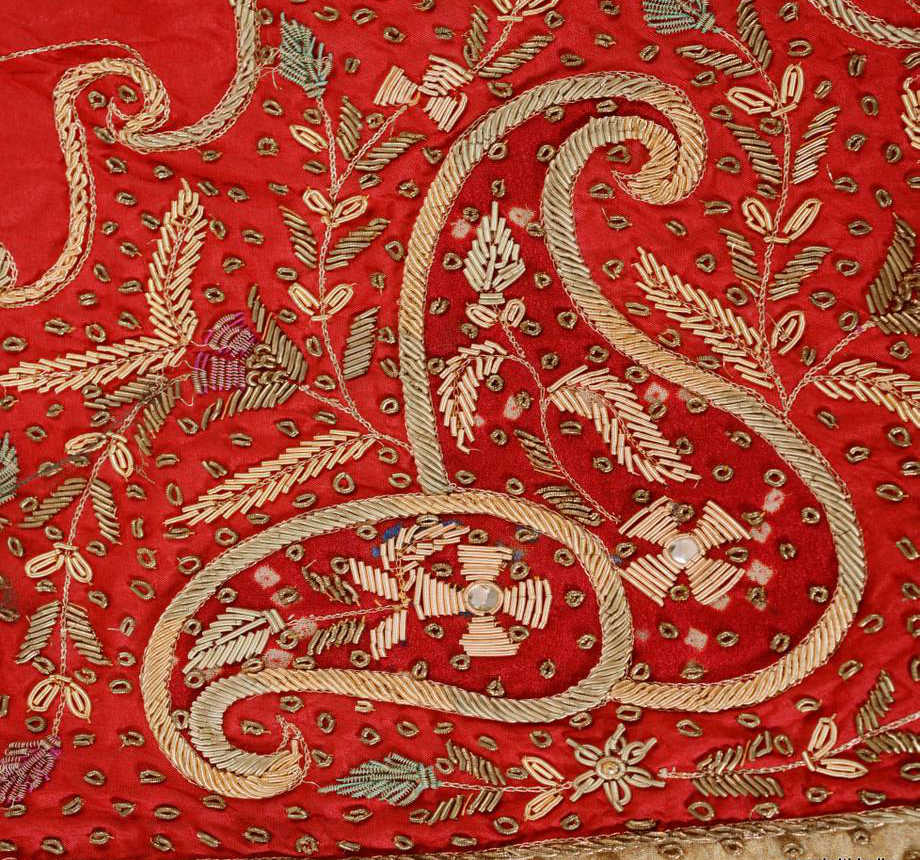===
0910,
4
===

=== |
 |
((alaaqah dil kaa likhvaa))egaa daftar haath se tere
tajarrud ke jariido;N me;N qalam-saa fard hogaa tuu
1) it will cause to be written an account-book of the correspondence/commerce of the heart, by your hand
2) in the registers/'barenesses' of solitude, you will be, like a pen/writing, a singularity/record/statement
((alaaqah : 'Attachment, connection, dependence, relation, affinity; concern, interest; part; reference, bearing (to), relevancy; commerce (with), intercourse, correspondence, communication'. (Platts p.763)
daftar : 'A roll, scroll, list; an index; a bundle of papers or written documents tied together in a cloth; a record, register, journal, book, volume, account-book'. (Platts p.519)
tajarrud : 'Stripping or denuding oneself; cutting oneself off from society, living in solitude; solitude; celibacy'. (Platts p.311)
jariidah : 'Bare; solitary, alone, separate, unattended (when travelling), unencumbered; —s.m. A tally (by which to keep accounts); account-book; register; volume, book'. (Platts p.380)
qalam : 'A reed; reed-pen, pen; a pencil; a painter's brush;... ;—a mode of writing, character, handwriting'. (Platts p.794)
fard : 'Single, sole, only, one (and no more); singular; odd; unique, unequalled, incomparable; ... a single sheet or strip (of paper); ... a draft (of an account); a register, record, statement, account-sheet'. (Platts p.778)
FWP:
SETS == WORDPLAY
MOTIFS == COMMERCE; WRITING
NAMES
TERMS == AFFINITY; WORDPLAYSRF considers this to be a 'continuous' ghazal; for discussion, see {910,1}.
This verse indeed demands to be part of at least a 'verse-sequence', if not a 'continuous ghazal', because within the verse itself we have no subject for the first line. Who or what will 'cause you to write'? Only from verse {910,2} can we learn that the subject is 'passion' (or perhaps, technically, the 'practice of passion'). And only from verse {910,1} can we learn why 'passion' will be able to do this.
Here's a verse so utterly criss-crossed with fault lines of wordplay that you could break it almost anywhere and take it in several directions, for various permutations of meaning. It makes my head spin! It's almost entirely untranslatable, as you can see from my clumsy and overloaded-- but still very incomplete!-- attempt above.